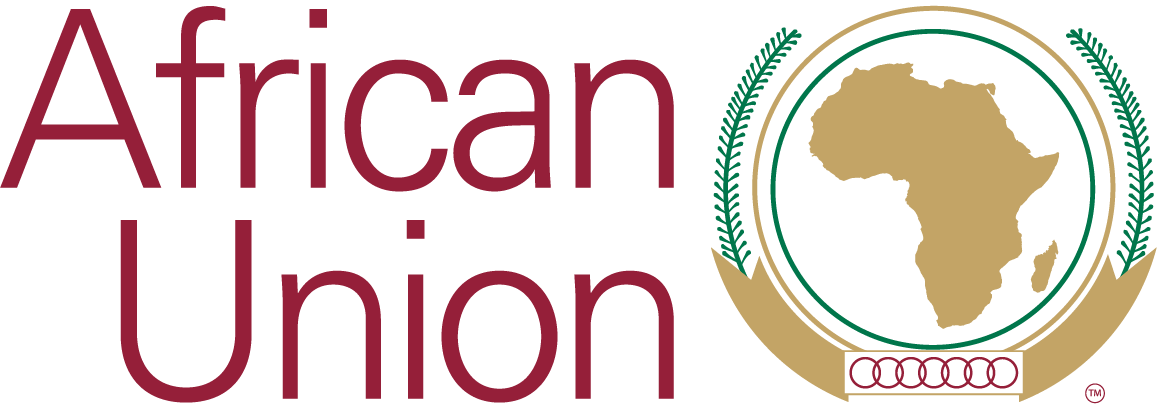Pan-African Parliament Hansard Report, Seventh Session of the Second Parliament
Monday, May 21, 2012
Thursday, May 24, 2012
The House met at 09.10 a.m.[The President in the Chair]Monday, May 28th, 2012
[THE President in the Chair]| Invalid votes | 2 |
| Blank votes | 14 |
| Hon. Katengwa’s votes | 78 |
| Hon. Bahari’s votes | 68 |
| Total | 162 |
| Hon. Katengwa | 78 |
| Hon. Bahari | 68 |
| Blank votes | 14 |
| Invali votes | 2 |
| Total | 162 |
| Invalid votes | 3 |
| Blank votes | 50 |
| Honourable Suleiman | 8 |
| Honourable Elgandy | 101 |
| Total | 162 |
| Invalid votes | 3 |
| Blank votes | 24 |
| Honourable Kasingo | 85 |
| Honourable Gumbo | 51 |
| Total | 163 |
| Hon. Elgandy | 101 |
| Blank votes | 50 |
| Spoil votes | 3 |
| Hon. Suleiman | 8 |
| Hon. Nkodo Roger | 139 |
| Blank votes | 24 |
| Hon. Kasingo | 85 |
| Hon. Gumbo | 51 |
| Blank votes | 24 |
| Spoiled votes | 3 |
| Hon. Bahari Ali | 68 |
| Hon. Juliana Katengwa | 78 |
| Blank votes | 14 |
| Spoiled votes | 2 |
| Total | 162 |
| Spoilt Votes | 1 |
| Blank Votes (Spoilt) | 3 |
| Hon. Bahari | 60 |
| Hon. Kantengwa | 84 |
| Total Votes cast | 148 |
| Hon Bahari Ali | 60 |
| Hon. Juliana Kantengwa | 84 |
| Blank ballots | 3 |
| Spoilt ballots | 1 |
| First Vice-President Dang Nkodo | Hon. Roger | |
| Second Vice-President Elgandi | Hon. Mustafa | |
| Third Vice-President Kasingo | Hon. Lloyd | |
| Fourth Vice-President Kantengwa | Hon. Juliana | |
